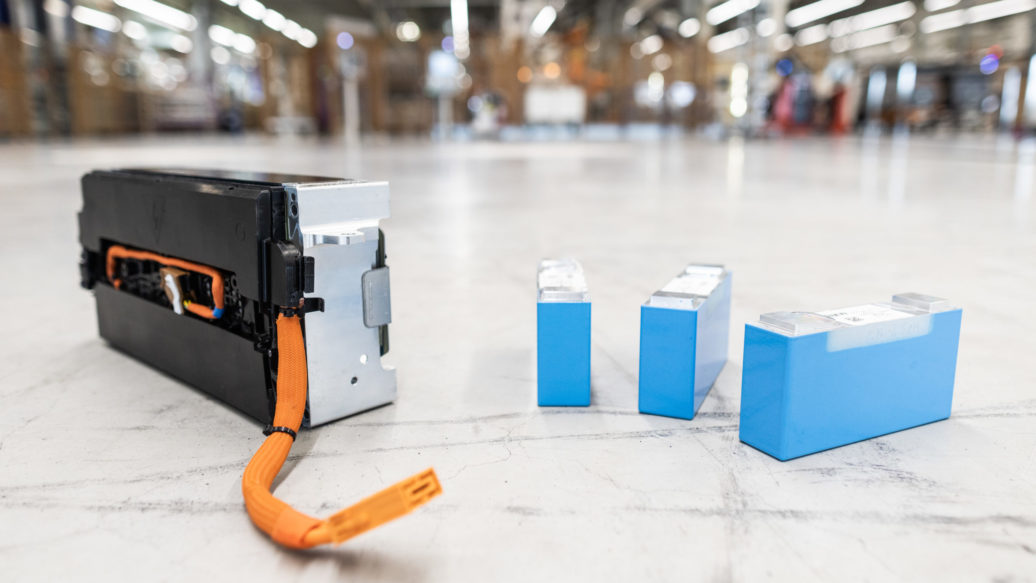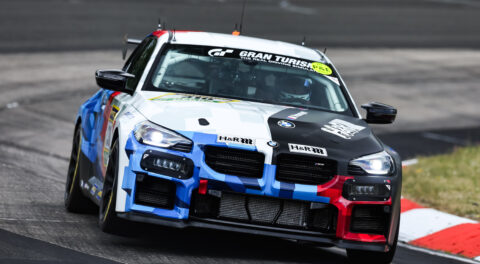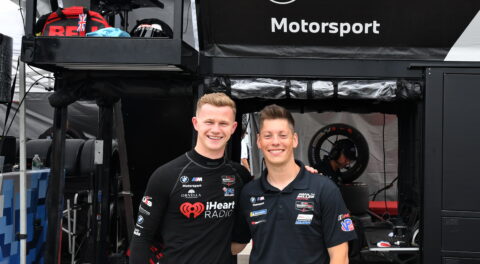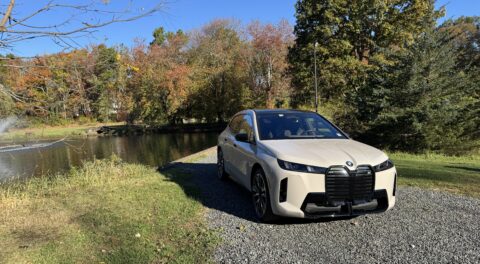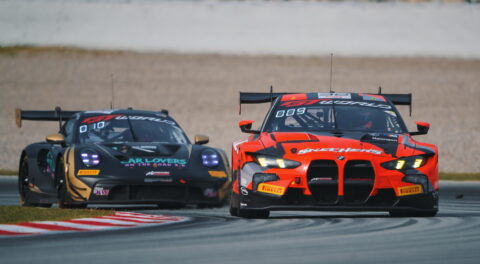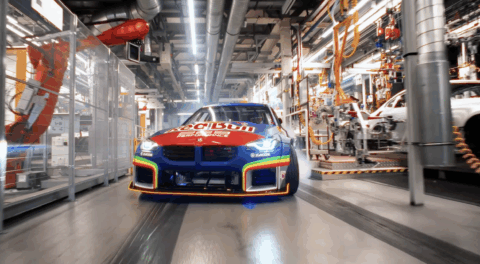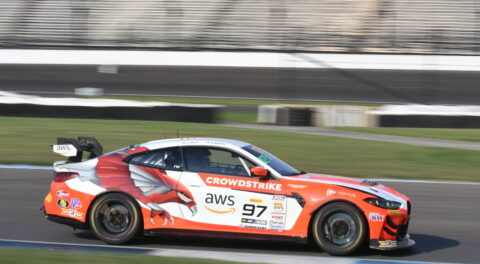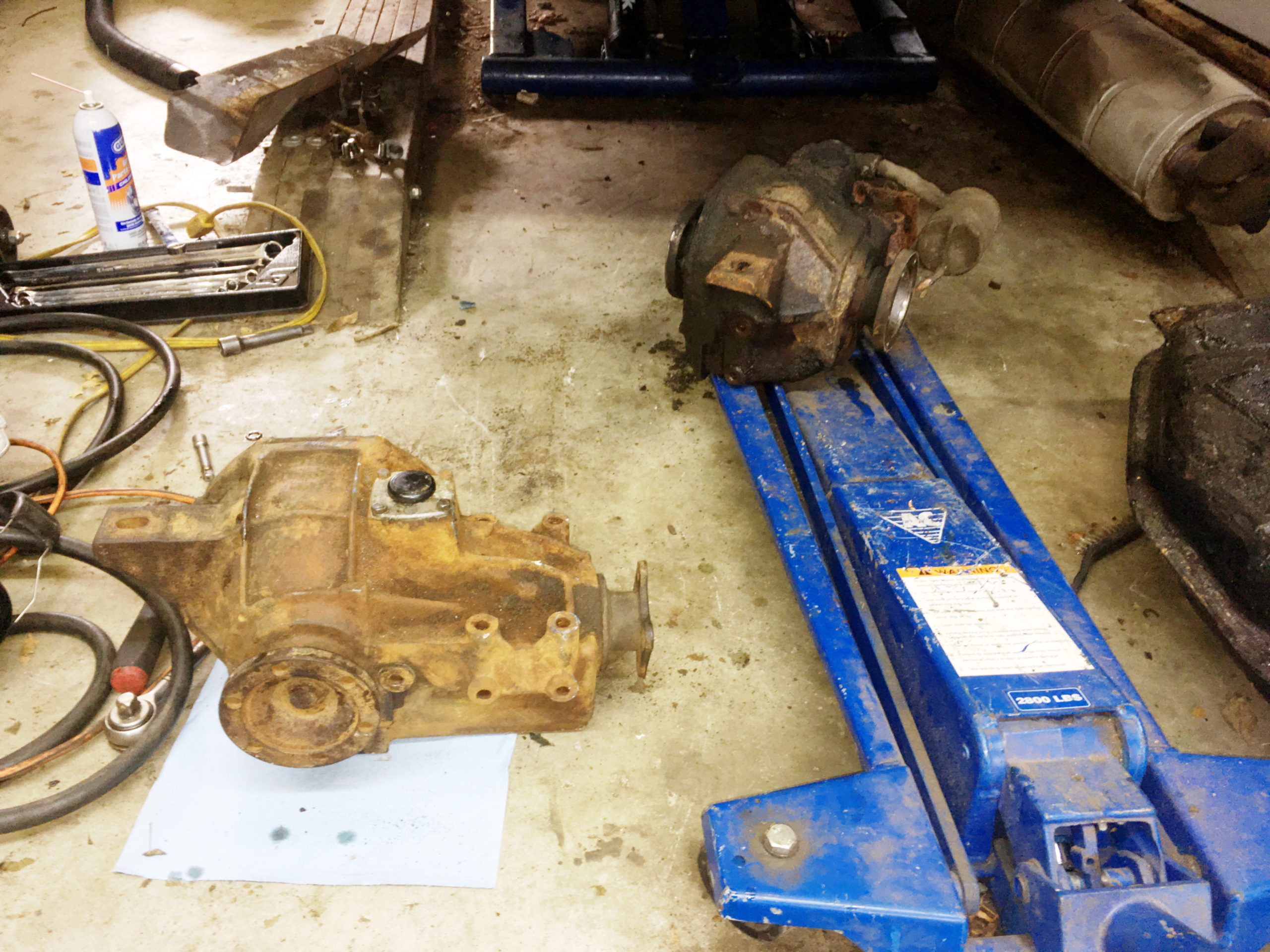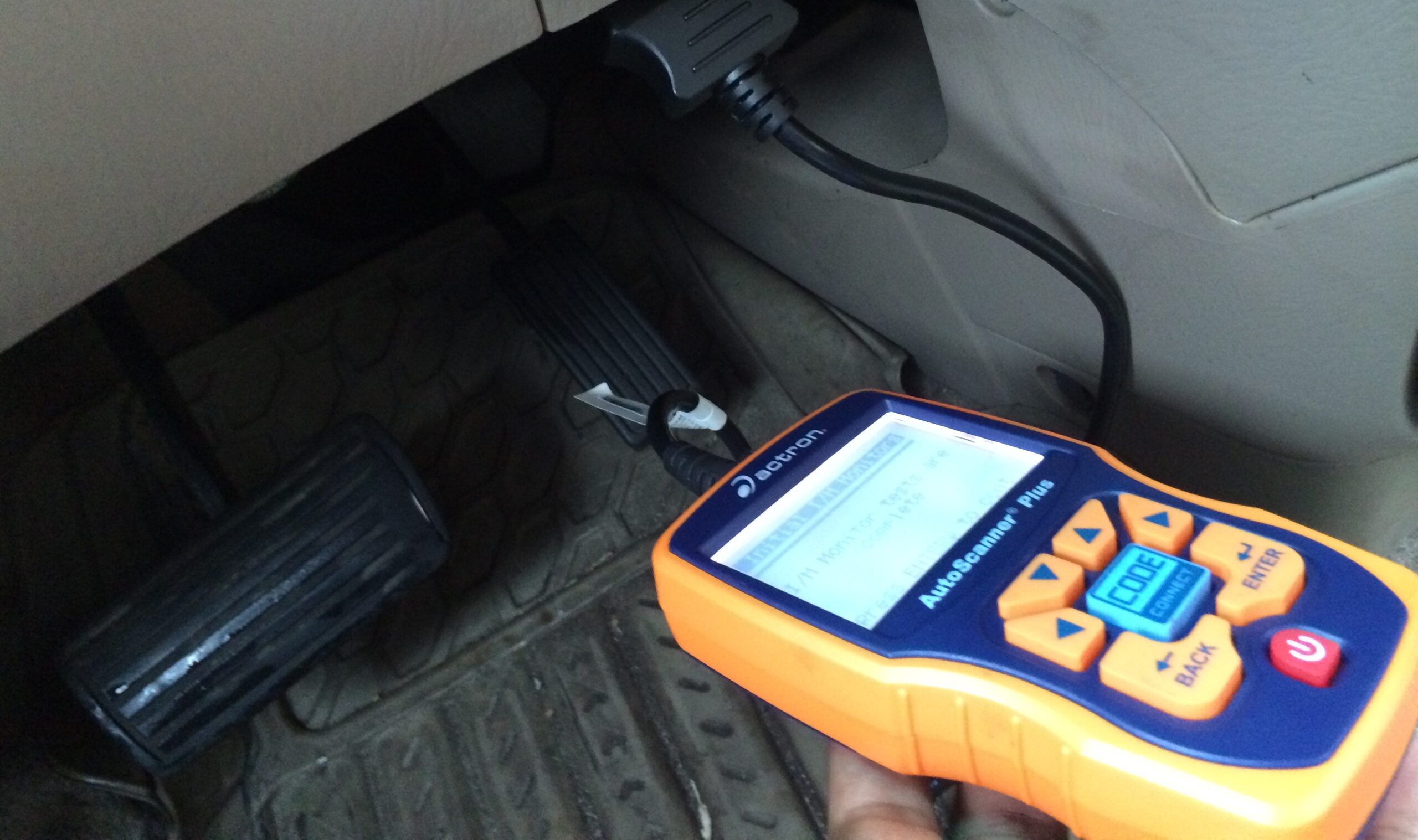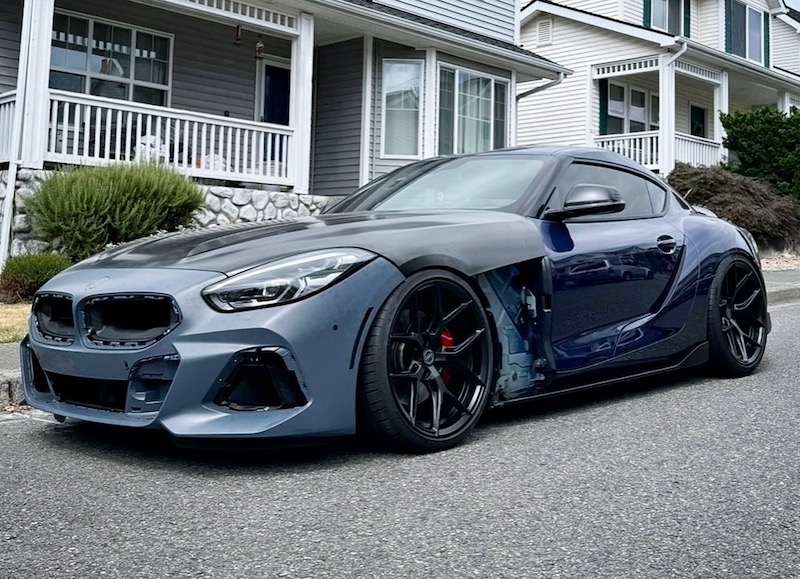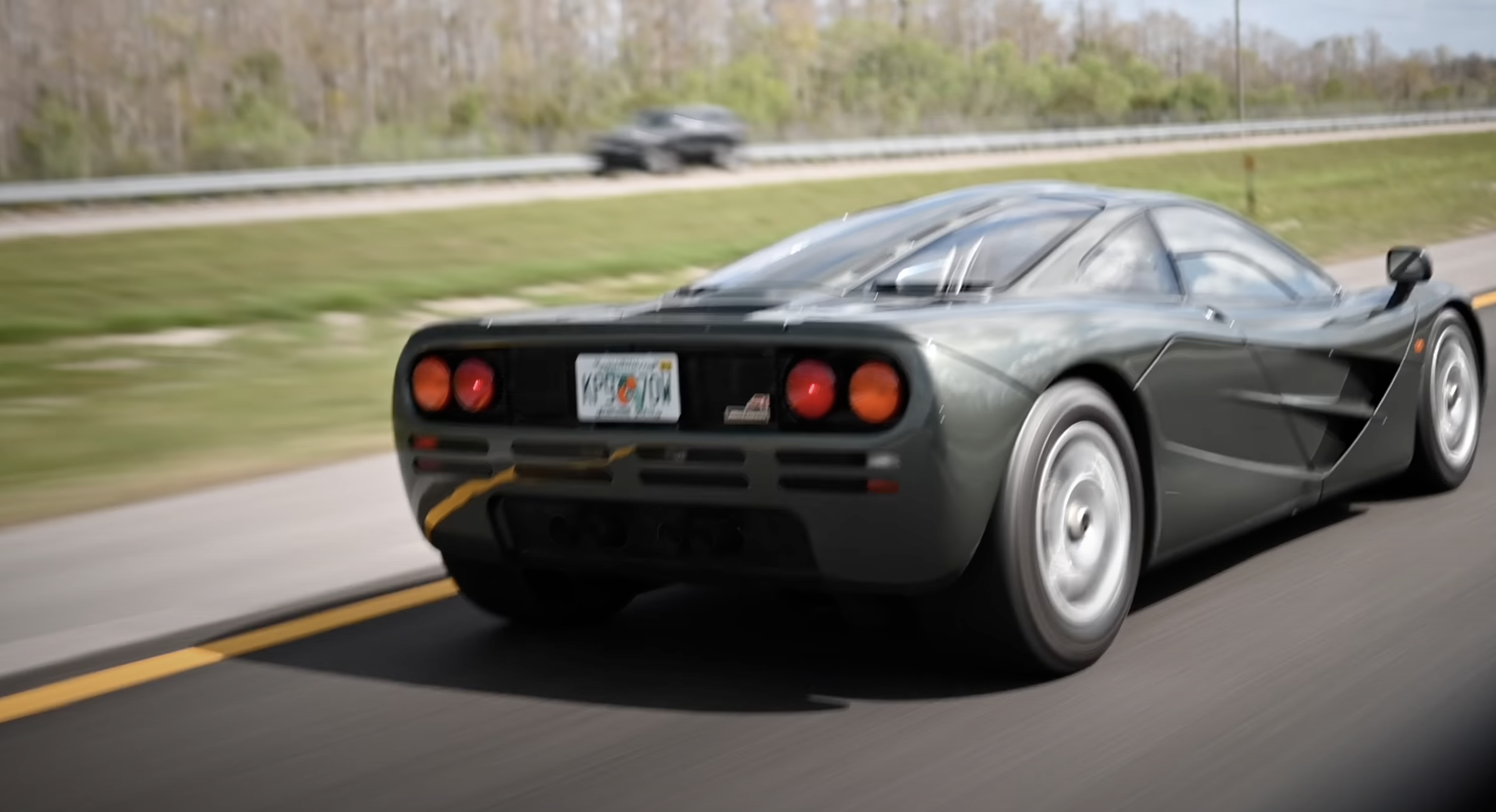As early as mid-next year, BMW Group Plant Leipzig will begin the production of battery modules. The BMW Group is investing the equivalent of more than $116,000,000 into the plant, spending which takes the form of a new 100,000 square-foot battery production facility on the site which will employ a staff of approximately 150 individuals. Group Plant Leipzig has produced a number of different BMW models over the years, including electro-mobility pioneers such as the i3 and i8 starting in 2013, in addition to the hottest M car on sale right now, the F87 M2.
Currently, the BMW Group engages in battery production at three different global sites. These include Dingolfing, Germany, Spartanburg, South Carolina, and Shenyang, China, the latter of which just recently doubled its output capacity thanks to the addition of another battery center. When the expansion is complete, Group Plant Leipzig will become the fourth major battery module production site in BMW’s global decentralized manufacturing network.
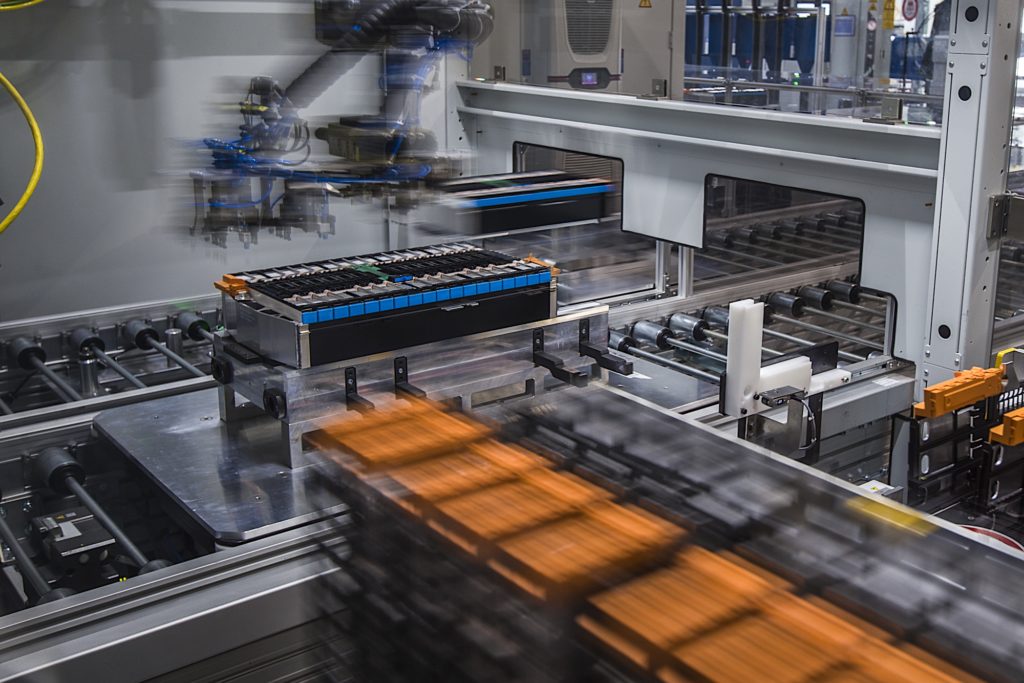
The news follows a release that BMW put out in August which detailed the automaker’s efforts in developing sustainable battery cells. To achieve its goals, BMW (and nearly every other global automaker) must source its battery cells from outside the company. This involves working with contractors who manufacture cells to BMW’s precise specifications, which are then tested and assembled into larger units through an automated process. The cells vary between different BMW models, with specific designs intended for varying cars, although it’s likely safe to assume that the underlying basis exhibits strong commonality.
After the cells have been manufactured and assembled into larger units, they’ve now reached the stage of being referred to as battery modules. These modules are subsequently fixed within an aluminum casing that includes chassis connections, cooling componentry, and control units. Like the individual cells, the design and shape of the aluminum casings vary depending on the vehicle. BMW says the result is a, “high-voltage battery ideally adapted to the vehicle,” but we know that, because BMW now relies on just a handful of vehicle platforms, the differences are unlikely to be too great.
BMW expects to benefit from standardized battery module production in a number of ways, some of which include but are not limited to greater economies of scale, uniform quality standards, a wide range of vehicle and platform applicability, and an increased ability to respond to customer demand and market conditions.—Alex Tock
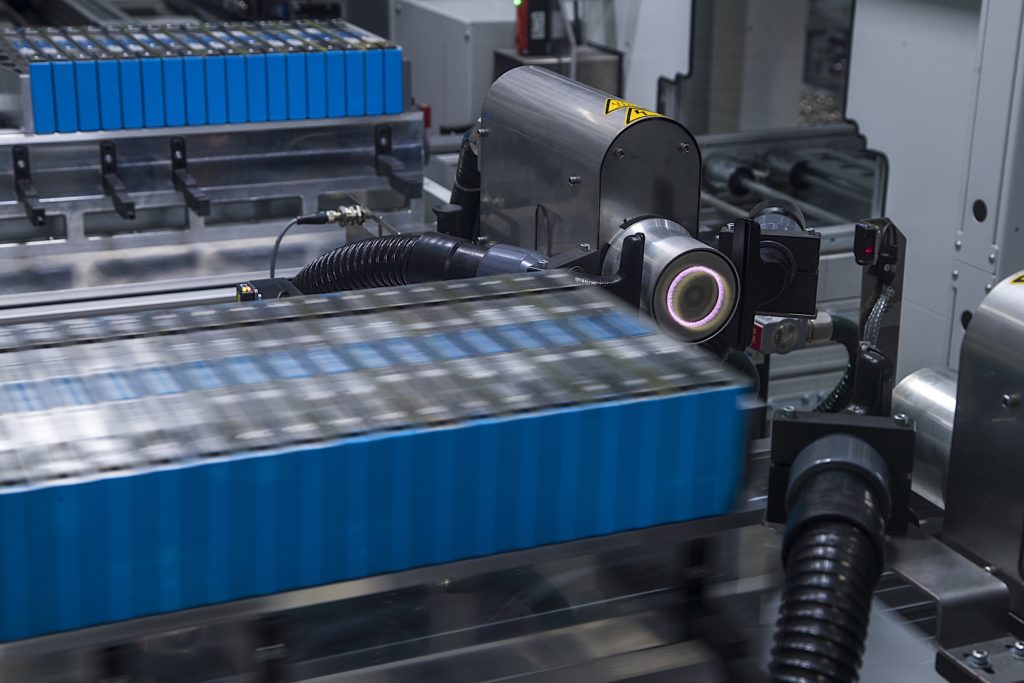
[Photos courtesy BMW AG.]

